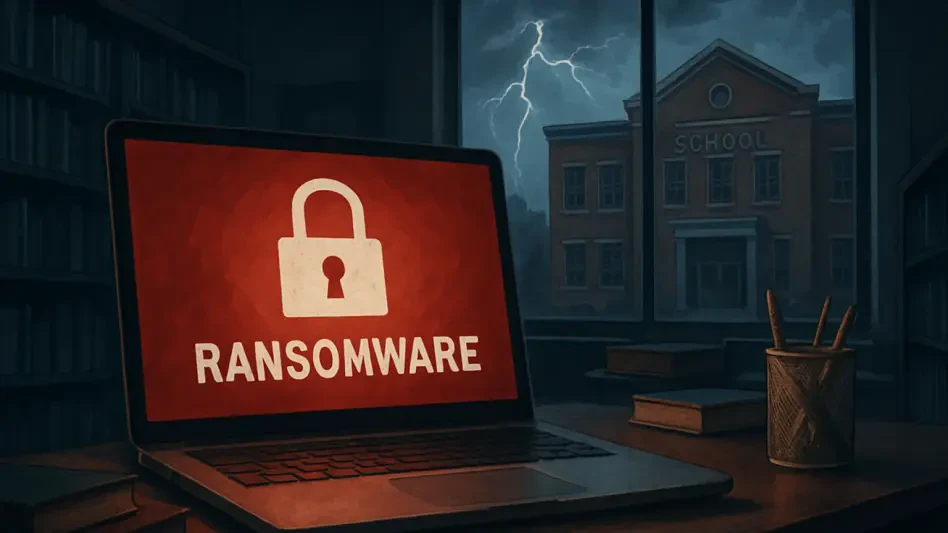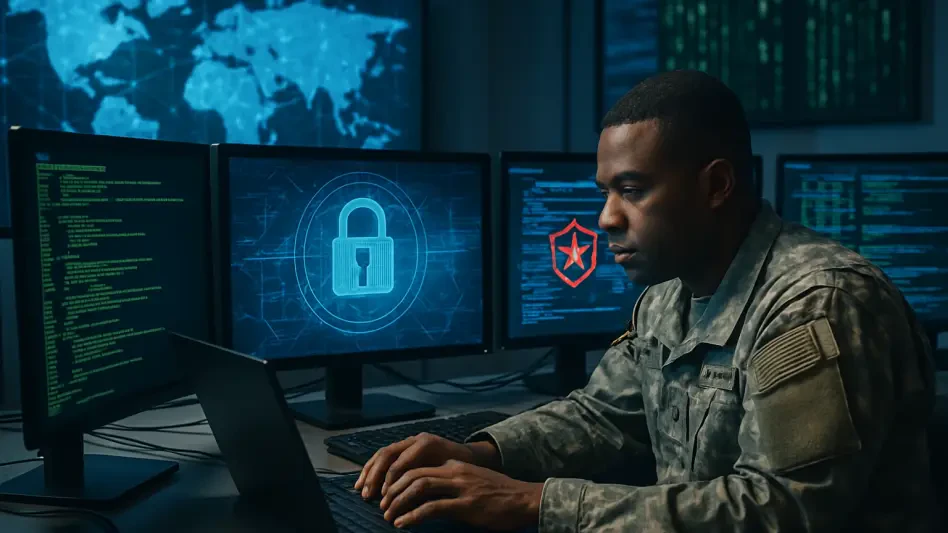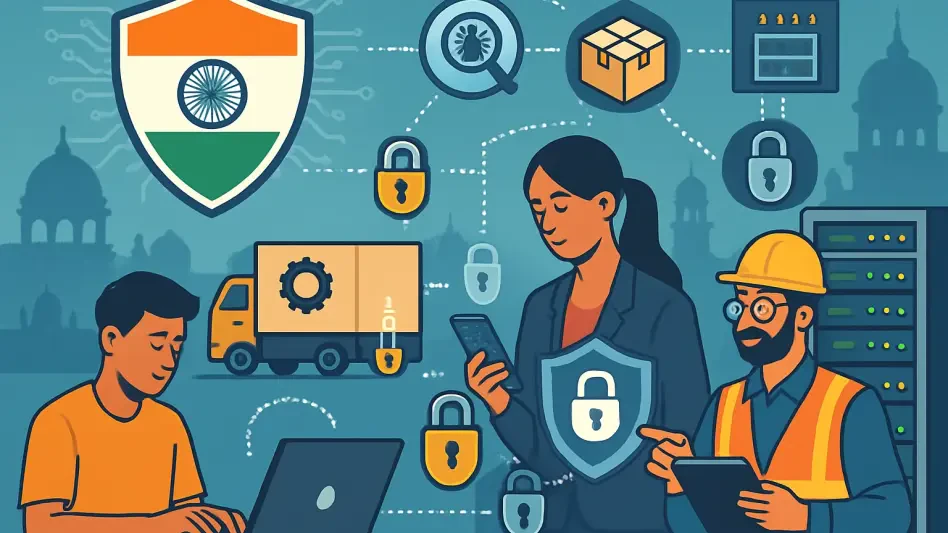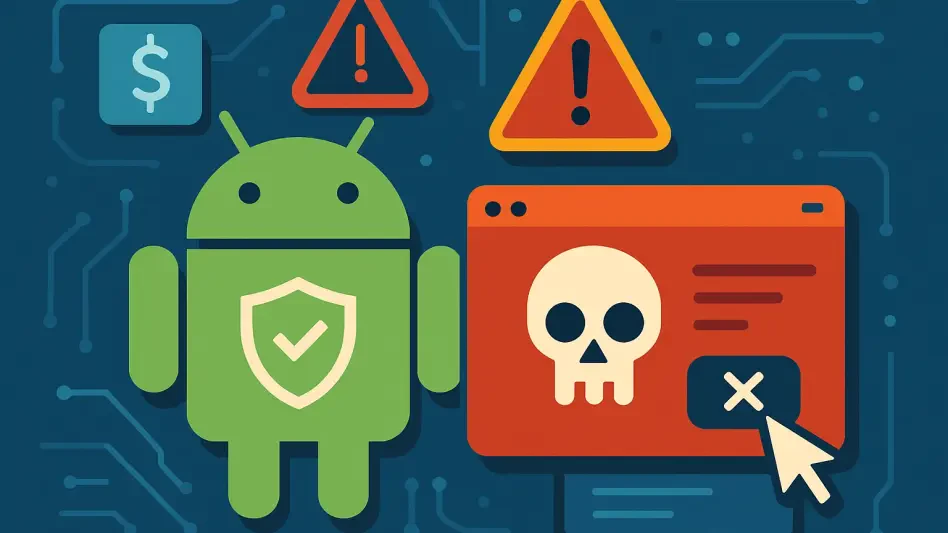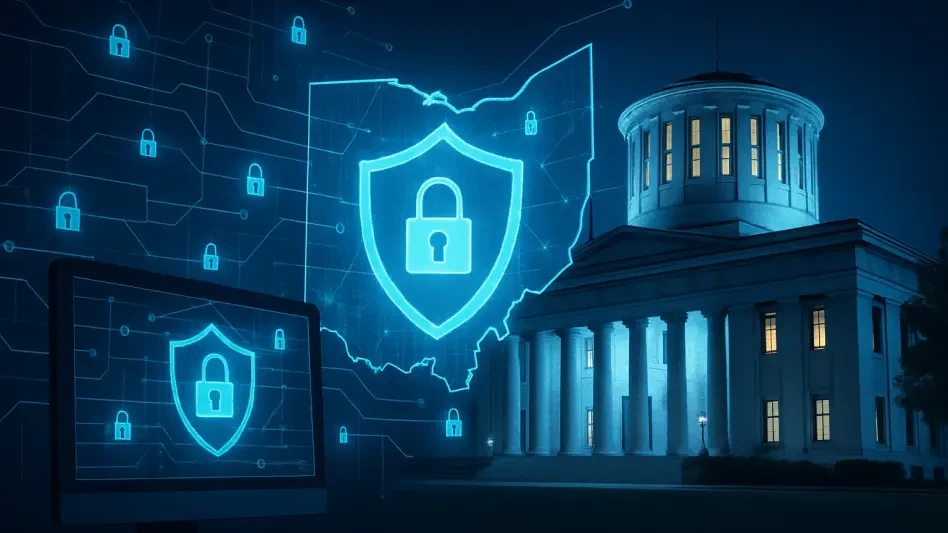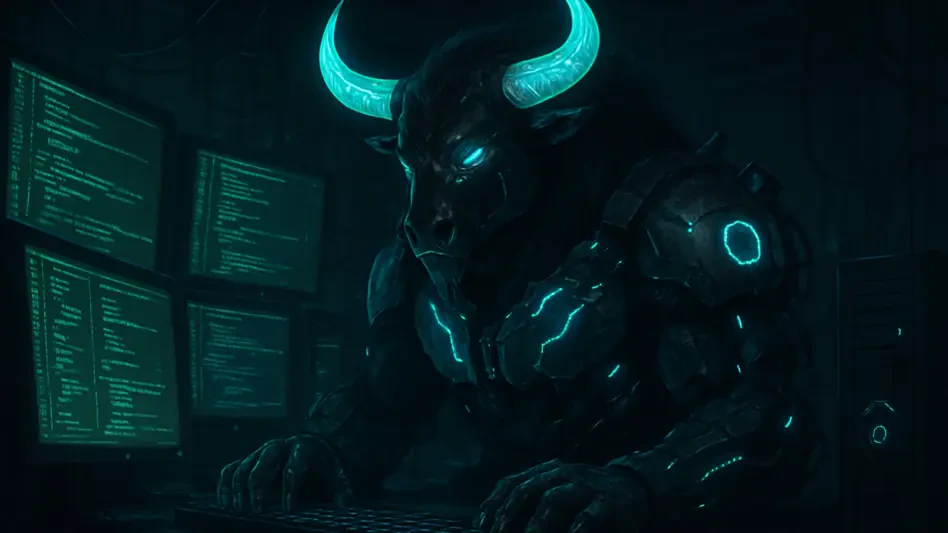On February 21, 2025, the Lagos Zonal Directorate of the Economic and Financial Crimes Commission (EFCC) arraigned 17 Chinese nationals and a company, Genting International Co. Ltd, on charges of cyber-terrorism, Internet fraud, and identity theft. The defendants, including individuals like Mao Bu Yi and Li Xiang Long, were part of a larger group consisting of 792 suspects apprehended during a sting operation known as “Eagle Flush Operation” conducted on December 10, 2024. The allegations stem from accusations that these defendants accessed computer systems with malicious intentions aimed at destabilizing Nigeria’s economy and social fabric.
Charges and Accusations
Among the specific charges, Mao Bu Yi and Genting International Co. Ltd are accused of violating Section 18 of the Cybercrime (Prohibition, Prevention, Etc.) Act of 2015. Similarly, Wang Jie and the company face charges of organizing computer-related fraud involving Nigerian youths under the same legal provisions. The prosecution, represented by a team of counselors including M.S. Owede, T.J. Banjo, A.C. Olowonihi, and N.C. Mutfwang, presented their case before Justice Musa Kakaki and Justice Daniel Osiagor of the Federal High Court in Ikoyi, Lagos. These legal proceedings underscore the serious nature of the allegations and the potential consequences for the accused and the alleged victims involved in this extensive cybercrime network.
The defendants pleaded “not guilty” to all charges. Justice Kakaki scheduled the trial of Mao Bu Yi and others for March 20, 2025. In a separate instance, Justice Osiagor set a trial date for Wang Jie and the remaining defendants for June 11, 2025. Meanwhile, all defendants were remanded in custodial centers pending the commencement of their respective trials. This legal move ensures that the suspects remain within jurisdictional reach, thereby facilitating a rigorous judicial process aimed at addressing the charges in detail. The legal provisions under which they have been charged carry stringent penalties, reflecting the severity of the offenses.
EFCC’s Efforts to Combat Cybercrime
The recent arraignment underscores the EFCC’s intensified efforts to combat cybercrime within Nigeria, particularly when it involves foreign nationals potentially disrupting the nation’s economic stability. By focusing on such high-profile cases, the EFCC aims to send a clear message to perpetrators of cybercrime that their actions will be met with strong legal repercussions. The organization’s strategic operations, such as “Eagle Flush Operation,” highlight its dedication to eradicating cyber threats through coordinated law enforcement efforts and international collaborations.
The legal scrutiny surrounding these high-profile defendants highlights both the scale and complexity of modern cybercrimes. The involvement of foreign nationals, coordinated efforts across multiple jurisdictions, and the potential economic impact underscore the multifaceted nature of contemporary cyber threats. The EFCC’s approach illustrates the necessity for robust legal frameworks and international cooperation in addressing such transnational cybercrime operations, demonstrating a comprehensive strategy to safeguard national and economic security from digital threats.
Judicial Process and Broader Implications
On February 21, 2025, the Lagos Zonal Directorate of the Economic and Financial Crimes Commission (EFCC) formally charged 17 Chinese nationals and a company named Genting International Co. Ltd with cyber-terrorism, Internet fraud, and identity theft. Among those charged were individuals such as Mao Bu Yi and Li Xiang Long. This group was part of a larger set of 792 suspects who had been apprehended during a sting operation called “Eagle Flush Operation” carried out on December 10, 2024. The charges were based on allegations that these defendants illegally accessed and manipulated computer systems with the intent to harm Nigeria’s economy and disrupt its social stability. The operation highlights the ongoing efforts by Nigerian authorities to combat cybercrimes that pose significant threats to the nation’s economic and social structures. Such actions reflect the heightened focus on cybersecurity and the serious consequences faced by those accused of such illegal activities.


